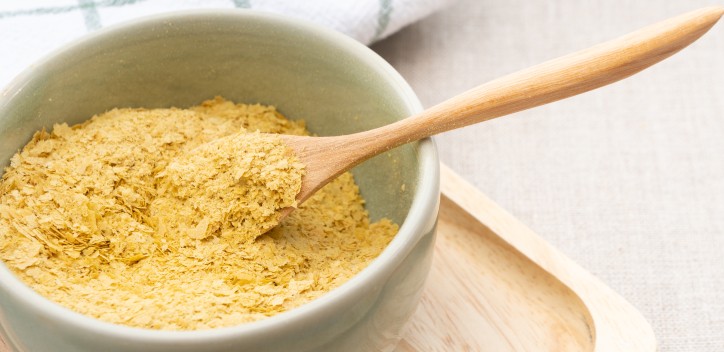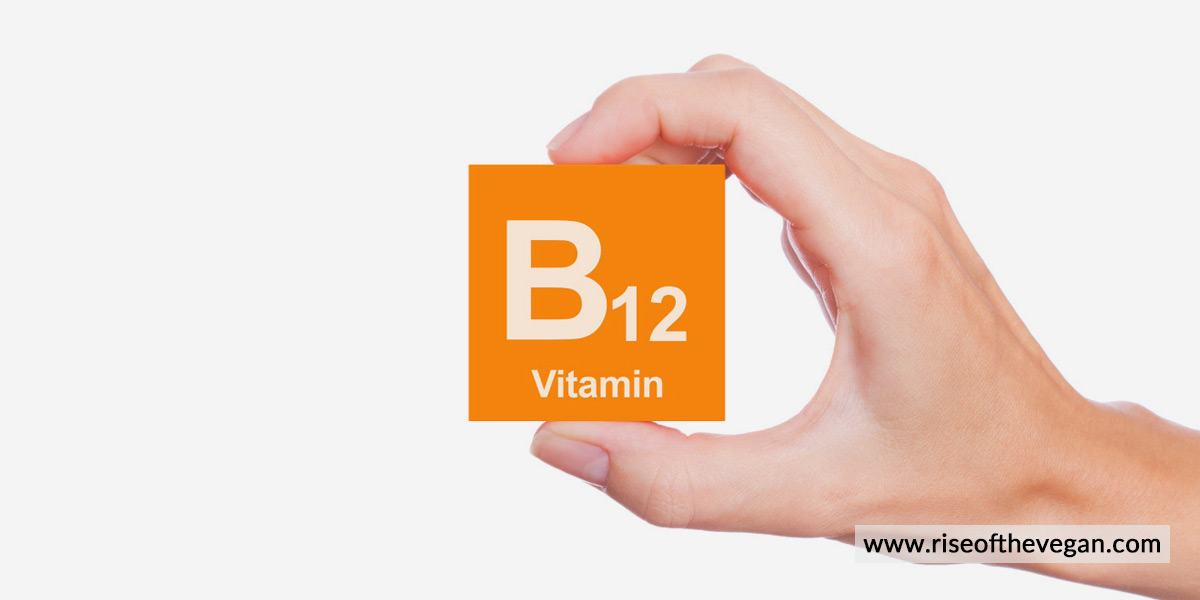The idea that vegans need to take supplements didn't always seem right to me, I feel that if a vegan diet is the healthiest diet a human should adapt then there shouldn't be a need for one to rely on auxiliary nutrients. After all there have been numerous people in the past who lived a perfectly long and healthy life with their vegan lifestyle, it wasn't until recent times that scientists appointed B12 as an essential nutrient and performed studies to show that vegans lack this particular vitamin.
This conception is so widely spread that everyone in my family as well as other vegetarians/vegan I know chooses to take supplements, which I consider to be the correct practice, that is if you live in the city and rely on grocery bought fruits and vegetables. As many probably already know B12 is produced by bacteria only, the belief that meat itself contains B12 is not true, as is proven by the fact that even people who eat meat can still lack B12.
I read an article that mentions a study done on Indian Yogis, the study showed that their B12 levels were perfectly fine when living in rural Indian, but plummeted when they were taken to a highly sanitary environment.
I'm inclined to believing the authenticity of the study as it agrees with common sense, after all we're living in an era when food sold in supermarkets are pre-washed with high pressure jet, leaving no traces of dirt, an abundance of cleaning products that we use are antibacterial, all of this results in us living in a nearly sterile environment, void of the benefits that "germs" has to offer (there was this Mother Earth News article that encourages parents to let their toddler come into contact with furry pets as a way of improving immunity).
I think that buying vegetables (ideally organic) from farmer's market or even better, growing your own food, is a great way to get a dose of B12 from time to time, deliberately not washing them too clean may in fact be beneficial. While I have yet to find any scientific study that endorses such practice, it seems to agree perfectly with what scientists discovered about B12 being synthesized by soil microbes, where else would you get free B12 than the soil in your garden

( but if you're confined to the city without easy access to local food then supplements would be the best choice in the situation, special case calls for special measures)



